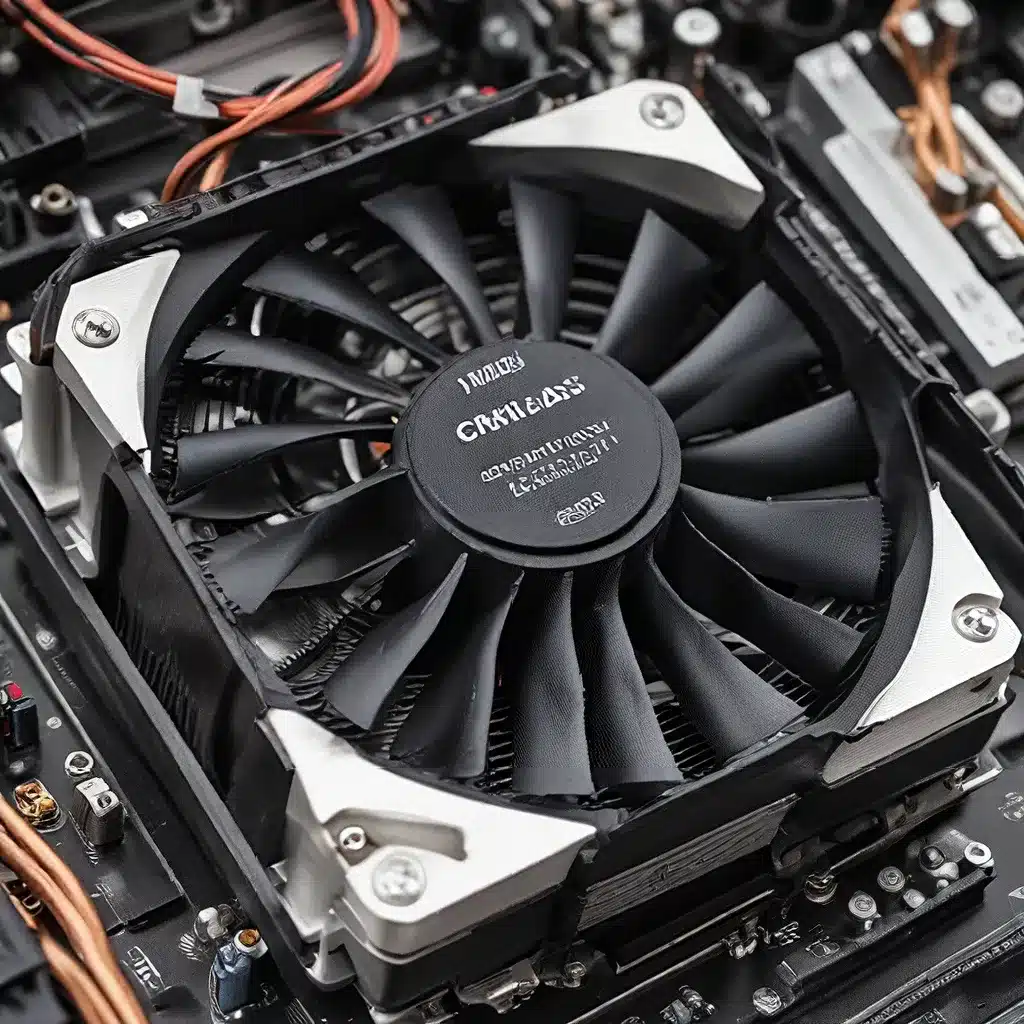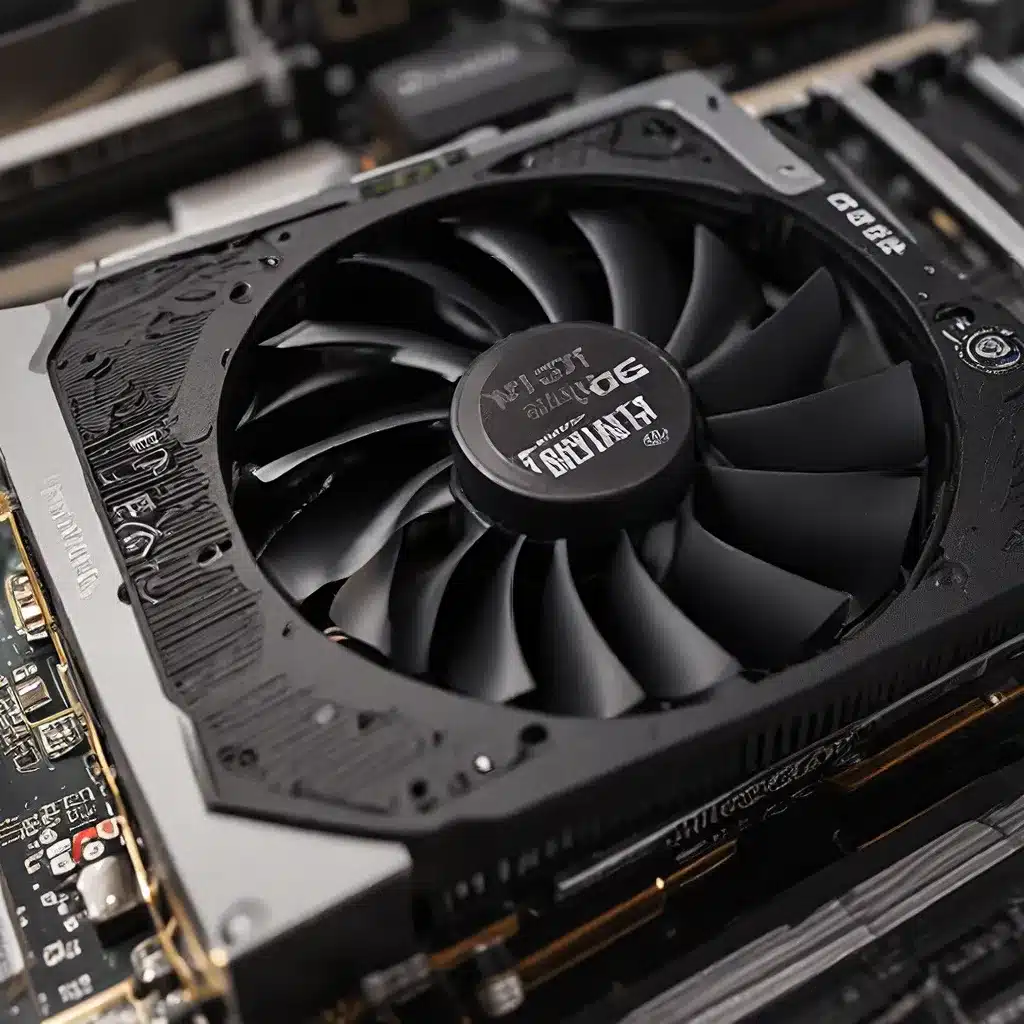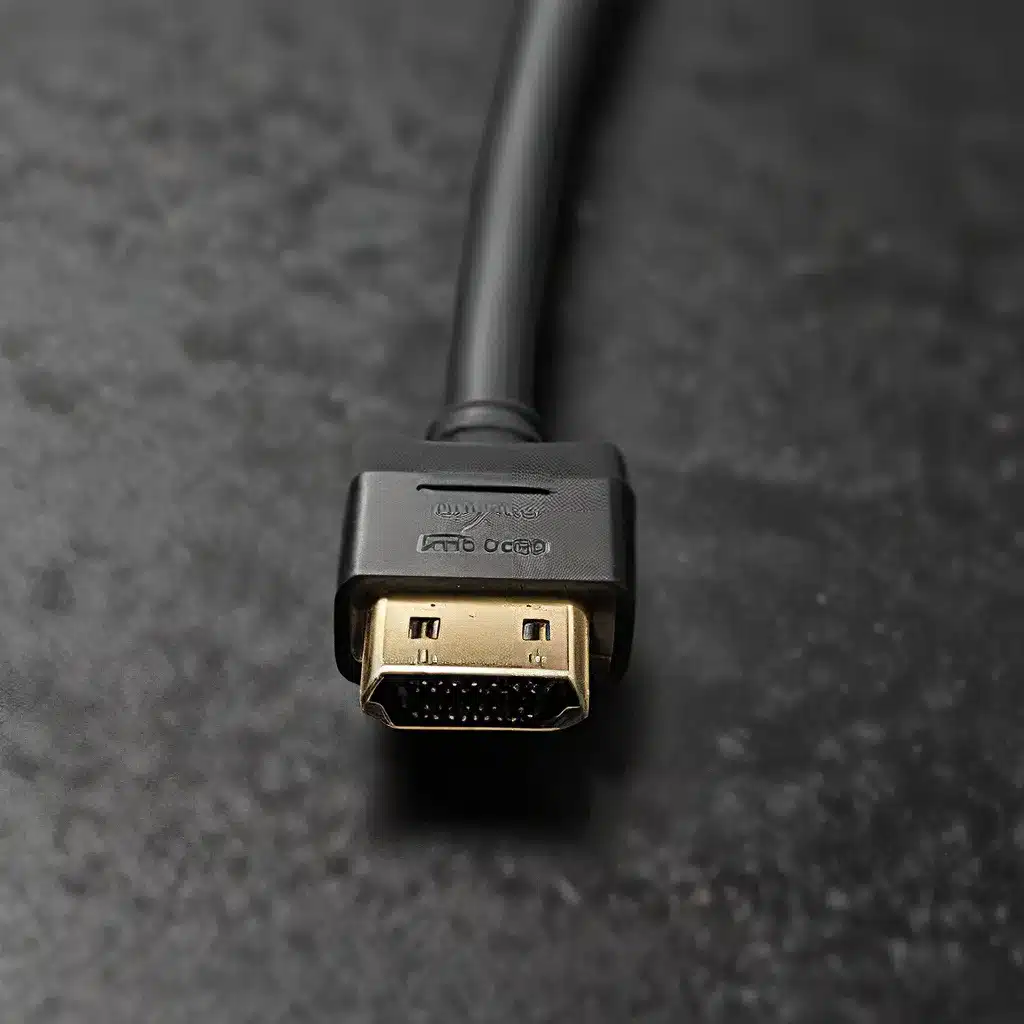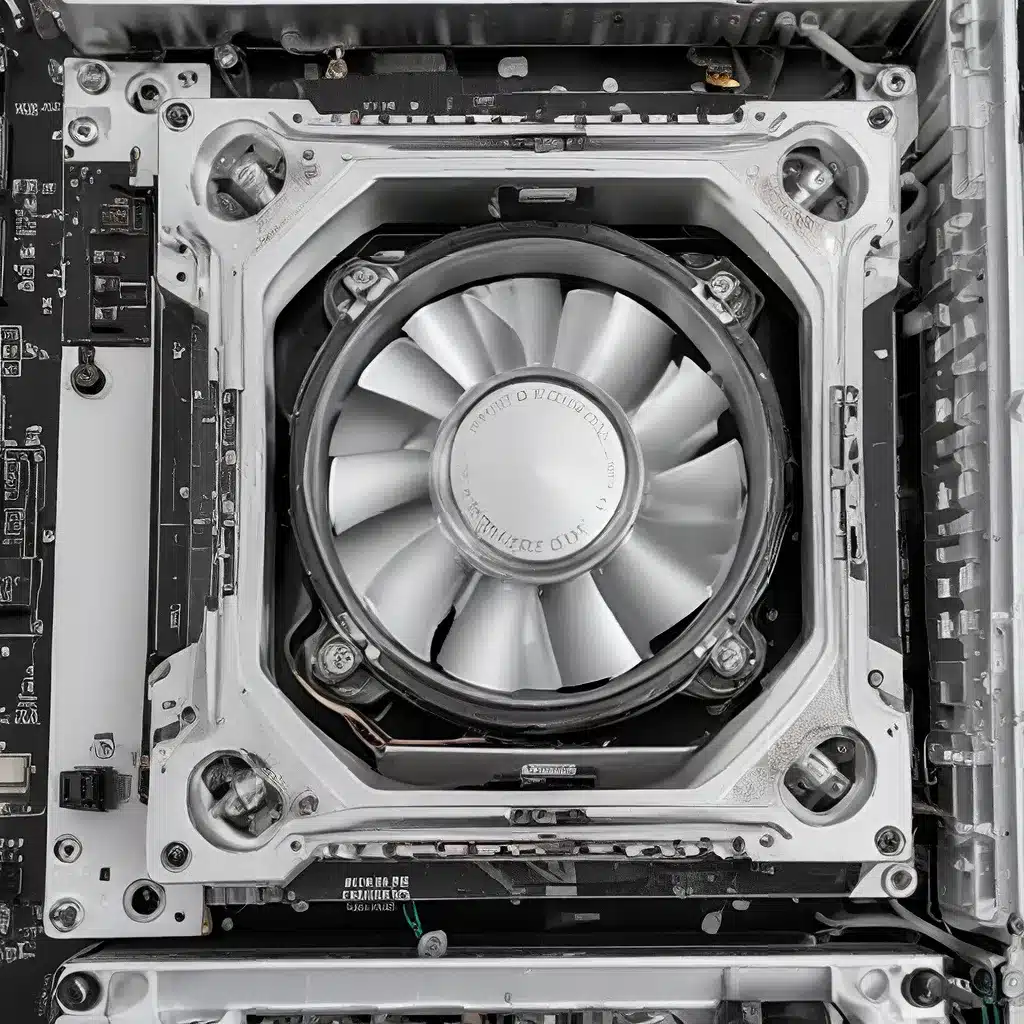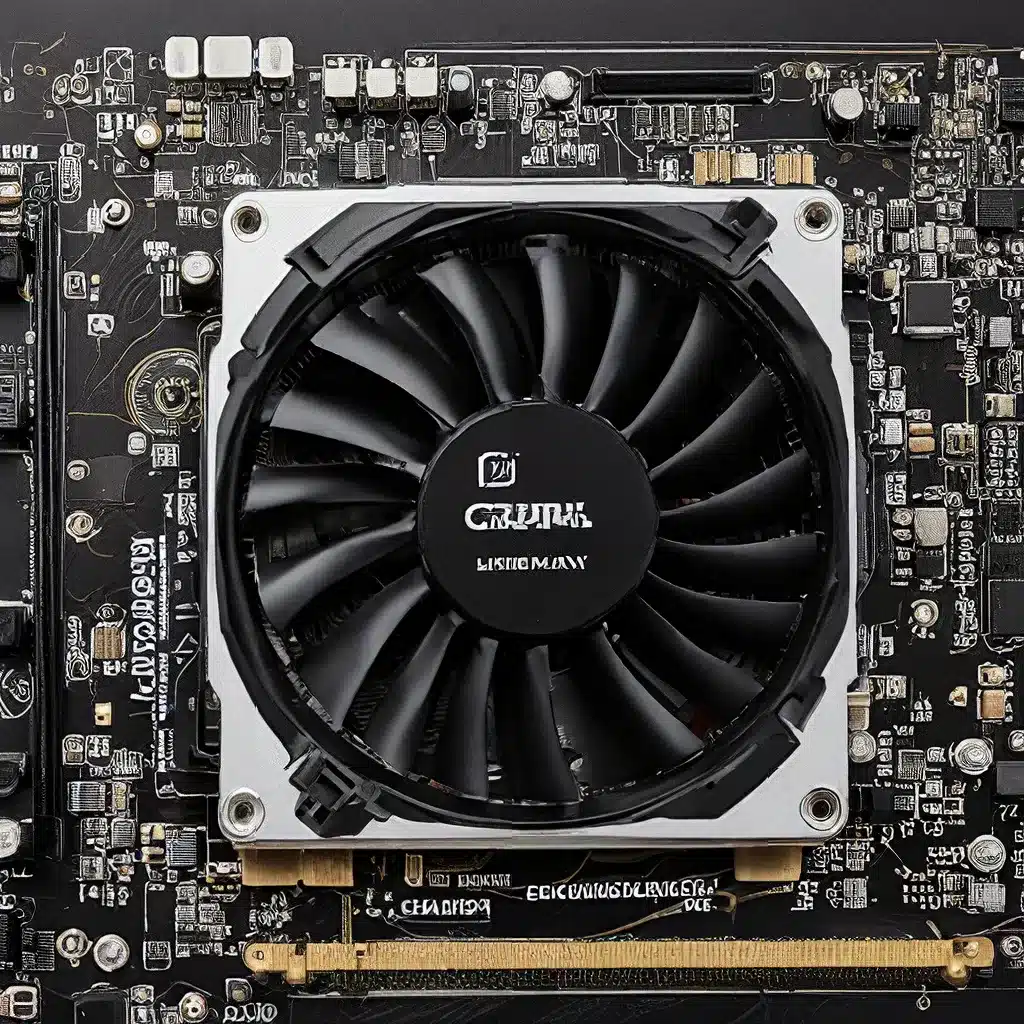Imagine this: You’ve been working on an important project for weeks, pouring your heart and soul into it. But then, disaster strikes – your hard drive crashes, and all your hard work is gone. Your stomach drops, and panic sets in. What do you do?
This is the nightmare scenario that every computer user dreads. But fear not, my friend. There is hope, and it comes in the form of data recovery services. These unsung heroes can often retrieve your precious files, even from the brink of oblivion.
However, not all data recovery services are created equal. Choosing the right one can be the difference between a triumphant recovery and a devastating loss. So, before you entrust your data to just any service, let’s dive into the questions you should ask to ensure you make the right choice.
Understanding the Landscape
Data recovery is a complex and specialized field, with a wide range of providers offering different services and capabilities. Some may specialize in recovering files from specific types of storage media, while others have expertise in dealing with more complex scenarios, like failed RAID arrays or encrypted drives.
To navigate this landscape, it’s crucial to understand the key factors that differentiate one data recovery service from another. [1] Questions about data volumes, security, compliance, and service-level agreements (SLAs) can help you identify the provider that best fits your needs.
Data Volumes: Going Beyond Capacity
In the past, the focus was often on storage capacity, with the assumption that more was always better. But in the modern data landscape, that’s not necessarily the case. [1] “If a vendor only talks about capacity percentages when it comes to STaaS, that could be a red flag. Data, not capacity, is the optimal unit of measure in STaaS offerings.”
The same principle applies to data recovery services. Instead of just asking about the maximum capacity they can handle, inquire about their experience with different data volumes and types. This will give you a better sense of their capabilities and whether they can handle the specific needs of your project.
Security and Compliance: Protecting Your Data
Data recovery services often handle sensitive information, so security and compliance should be a top priority. [1] “Look for a STaaS solution that offers business continuity, disaster recovery, and cyber resilience capabilities, including ransomware mitigation.”
When evaluating a data recovery service, ask about their security protocols, data encryption methods, and any industry-specific certifications they hold. This will give you peace of mind that your data is in good hands and that you’re not risking any compliance issues.
Service-Level Agreements: Guarantees and Remedies
A service-level agreement (SLA) is a crucial part of any data recovery service contract. [1] “It should include details or guarantees that the provider will maintain certain levels of service, such as cost, performance, access speeds, energy efficiency, ransomware, and the volume of data you can store. It should also specify what the provider will do if any of those guarantees aren’t maintained.”
Take the time to review the SLA carefully, and don’t be afraid to negotiate or ask for clarification on any points you’re unsure about. A reputable data recovery service should be transparent about their SLAs and willing to work with you to ensure your needs are met.
Flexibility and Adaptability: Embracing the Future
As technology continues to evolve, it’s important to choose a data recovery service that can keep up. [1] “A good STaaS solution should deliver a consistent, high-quality storage experience whether your data is stored on-premises, in a colocation facility, a public cloud, private cloud, or hybrid environment.”
Look for a provider that offers flexibility in terms of data storage and recovery options, allowing you to adapt as your needs change. Avoid services that lock you into a specific technology or charge hefty fees for data migration, as these can quickly become a burden as your business grows and evolves.
Automation and Intelligence: Leveraging Technology
In today’s fast-paced world, automation and intelligence are key differentiators in the data recovery landscape. [1] “The best STaaS solutions use AI and ML to automatically optimize workload placement, which helps avoid hotspots or over- and under-provisioning.”
When evaluating data recovery services, inquire about their use of artificial intelligence (AI) and machine learning (ML) to streamline the recovery process, improve efficiency, and reduce the potential for human error. This cutting-edge technology can be a game-changer in the event of a data disaster.
Putting It All Together
Choosing the right data recovery service is no easy task, but by asking the right questions, you can navigate this complex landscape with confidence. Remember to focus on data volumes, security, compliance, SLAs, flexibility, and automation to find the provider that best meets your needs.
And if you’re still feeling overwhelmed, don’t hesitate to reach out to the experts at [Company Name], your trusted computer repair service in the UK. We’ve helped countless clients recover from data disasters, and we’re here to guide you through the process every step of the way.
So, take a deep breath, roll up your sleeves, and let’s get to work on finding the perfect data recovery solution for you. Your data is too important to leave to chance.




